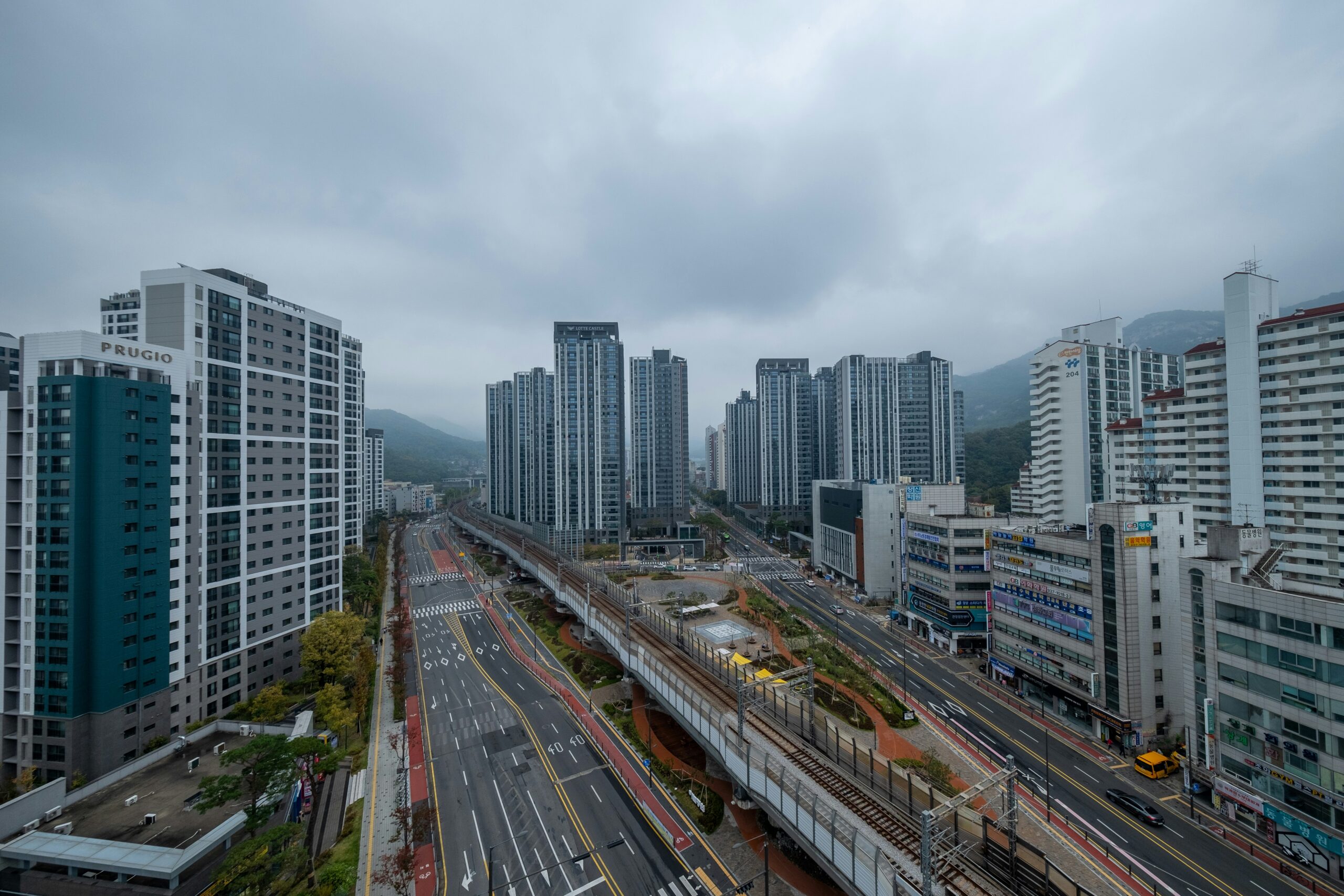
Urban development is an ever-evolving field that dramatically shapes the quality of life and economic vitality of cities around the world. Recent advances in technology, sustainability, and community planning are not just reshaping but revolutionizing urban landscapes. This article explores these transformative changes, focusing on technological integration, sustainability initiatives, and community-focused development.
Technological Advances in Urban Design
The integration of technology into urban planning is fundamentally altering how cities function and grow. Smart cities, a once futuristic concept, are now a reality as municipalities incorporate IoT (Internet of Things) devices, AI (Artificial Intelligence), and big data analytics into their infrastructure. These technologies enable cities to optimize everything from traffic management to energy consumption and waste management.
In Barcelona, for example, sensors monitor everything from noise and air quality to traffic congestion, enabling a responsive and adaptive city environment. This data-driven approach not only improves efficiency but also enhances the quality of urban life, making cities more livable and manageable.
Sustainability: A Core Element of Modern Urban Development
Sustainability is at the forefront of the urban development agenda, as cities face the dual challenges of rapid population growth and environmental conservation. Innovative urban projects are now designed with a keen focus on reducing carbon footprints, incorporating green spaces, and promoting eco-friendly transportation options.
Cities like Singapore and Copenhagen are leading the way in this regard. Singapore’s integration of vertical gardens and green roofs combats urban heat island effects and enhances biodiversity. Copenhagen’s bicycle-friendly infrastructure and commitment to carbon neutrality by 2025 illustrate how urban areas can function sustainably.
Enhancing Community Engagement in City Planning
The shift towards more inclusive urban development is changing the relationship between city planners and the communities they serve. There is a growing recognition of the importance of community involvement in the planning process to ensure that development meets the needs of its residents.
Participatory planning processes, such as those implemented in cities like Portland, Oregon, involve residents in decision-making from the outset, fostering a sense of ownership and satisfaction among community members. This approach not only improves the relevance and effectiveness of urban projects but also strengthens community bonds.
The Economic Impact of Innovative Urban Development
Innovative urban development isn’t just about creating more livable cities; it’s also a significant economic driver. By fostering attractive, efficient, and technologically advanced urban environments, cities can attract talent and investment. This, in turn, stimulates economic growth and creates new job opportunities.
Urban centres that embrace innovation and sustainability often become hubs for high-tech industries and creative sectors. For example, the revitalization of the Meatpacking District in New York City transformed it from an industrial area into a vibrant hub for fashion, design, and technology.
Future Trends in Urban Development
Looking forward, urban development is poised to continue its transformative trajectory. The increasing use of AI and machine learning in urban planning will further optimize city operations and resource management. Moreover, the push for more sustainable urban environments is expected to intensify, with an emphasis on renewable energy sources and zero-emission transportation systems.
Furthermore, the urban response to global challenges, such as pandemics and climate change, will necessitate innovative solutions in city planning and management. Flexible urban spaces that can accommodate social distancing requirements and infrastructure resilient to climate impacts are likely to become standard features of city planning.
A Vision for Tomorrow’s Cities
The landscape of urban development is undergoing a revolution driven by technology, sustainability, and community engagement. As cities continue to grow and face new challenges, the need for innovative solutions becomes even more crucial. The future of urban development promises cities that are not only more efficient and sustainable but also more equitable and responsive to the needs of their residents. By embracing these changes, urban areas can ensure they remain vibrant and resilient in the face of evolving global challenges.